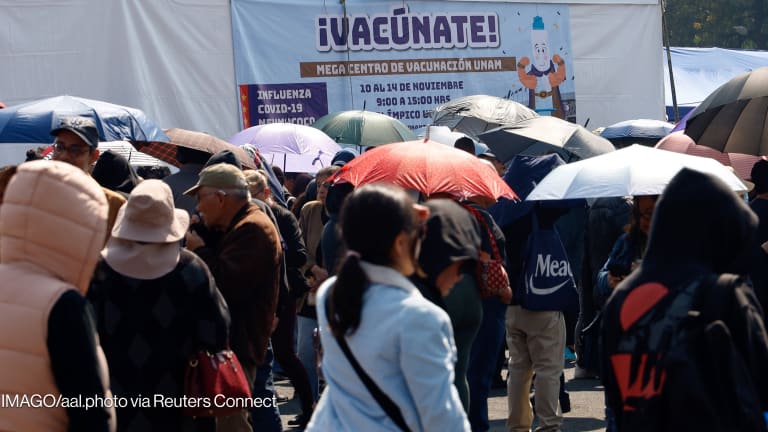U.S. Agency for International Development Administrator Samantha Power has laid out her vision for the agency — one focused on increasing local partnership and participation and making development more inclusive of marginalized groups.
The goal is to make USAID not only an agency of “international development” but of “inclusive development,” she said in a speech Thursday at Georgetown University. The address, which took place before an in-person crowd and was streamed to thousands online, was Power’s first major speech as administrator.
The three key pillars of the new strategy, Power said, are to make aid more accessible by diversifying the types of partners USAID works with, more equitable by focusing on the needs of those who are most marginalized and incorporating their voices, and more responsive by better listening to partners in the countries where the agency works.








